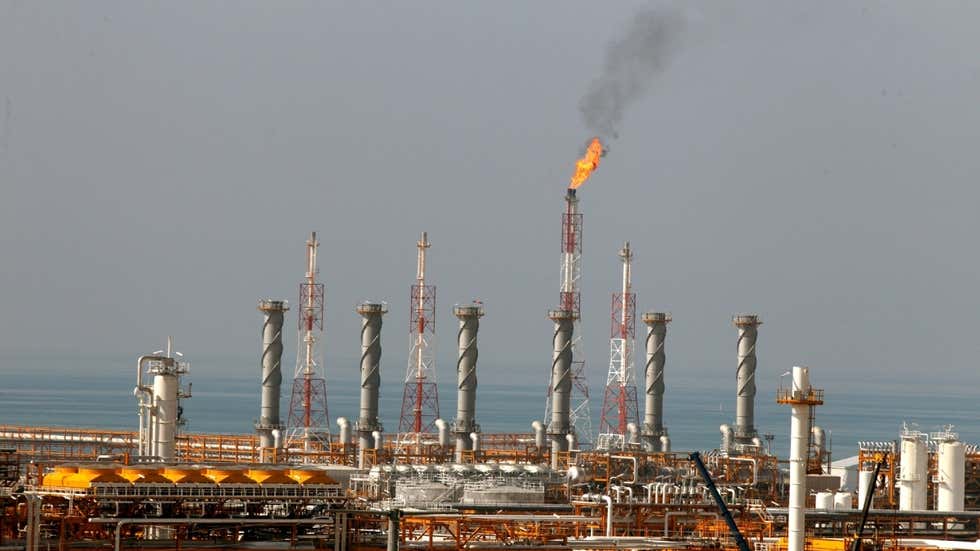
Despite repeated pledges to end inefficient fossil fuel subsidies, #G20 governments' support to fossil fuels has dropped by only nine percent since 2014-2016, hitting $584 billion annually over the last three years, a report by international researchers said on Tuesday.
According to the latest data from the Energy Policy Tracker, G20 governments have given at least $233 billion in additional support through recovery measures to fossil fuel-intensive sectors since the pandemic began.
"In Doubling Back and Doubling Down", researchers considered recent COVID-19 recovery commitments as well as pre-#pandemic policies to rank G20 countries' progress in phasing out support to fossil fuels.
They looked at seven indicators: transparency, pledges, public money for coal, oil and gas, fossil fuel-based power (both production and consumption), as well as how support has changed over time.
In most countries assessed, the progress made during the last three years was described by experts as "poor" or "very poor," and no country was considered to have made "good progress" in line with reaching Paris Agreement goals.
Among the G20 Organisation for Economic Co-operation and Development (OECD) members, Germany performed best overall in terms of phasing out fossil fuel funding, while Mexico, Turkey, and the UK ranked equally lowest.
Out of the non-OECD G20 countries, Brazil scored highest while Saudi Arabia came in last. Top scorer Germany got points for transparency, strong commitments, and relatively lower support for oil and gas production and fossil fuel use.
Brazil's relatively good performance was tied to low support for coal production, fossil fuel-based power and consumption, and a reduction in state-owned enterprise investment in fossils. "However, new measures under consideration could soon reverse this progress," Geddes said.
On the other end of the spectrum, the UK and Turkey rank poorly due to a lack of transparency and large subsidies for fossil fuel use, while Mexico was docked for heavy support for oil and gas production and fossil fuel-based power.
Saudi Arabia also continues to heavily support oil and gas production and fossil fuel-based power, mostly through large state-owned enterprise expenditures and low consumer energy prices, said the report.
Although this report and other recent data on public #COVID19 commitments indicate that the already slow progress on phasing out fossil fuel funding has now been thrown into reverse, researchers say there are upcoming opportunities for governments to turn the tide.
• • •
Missing some Tweet in this thread? You can try to
force a refresh









